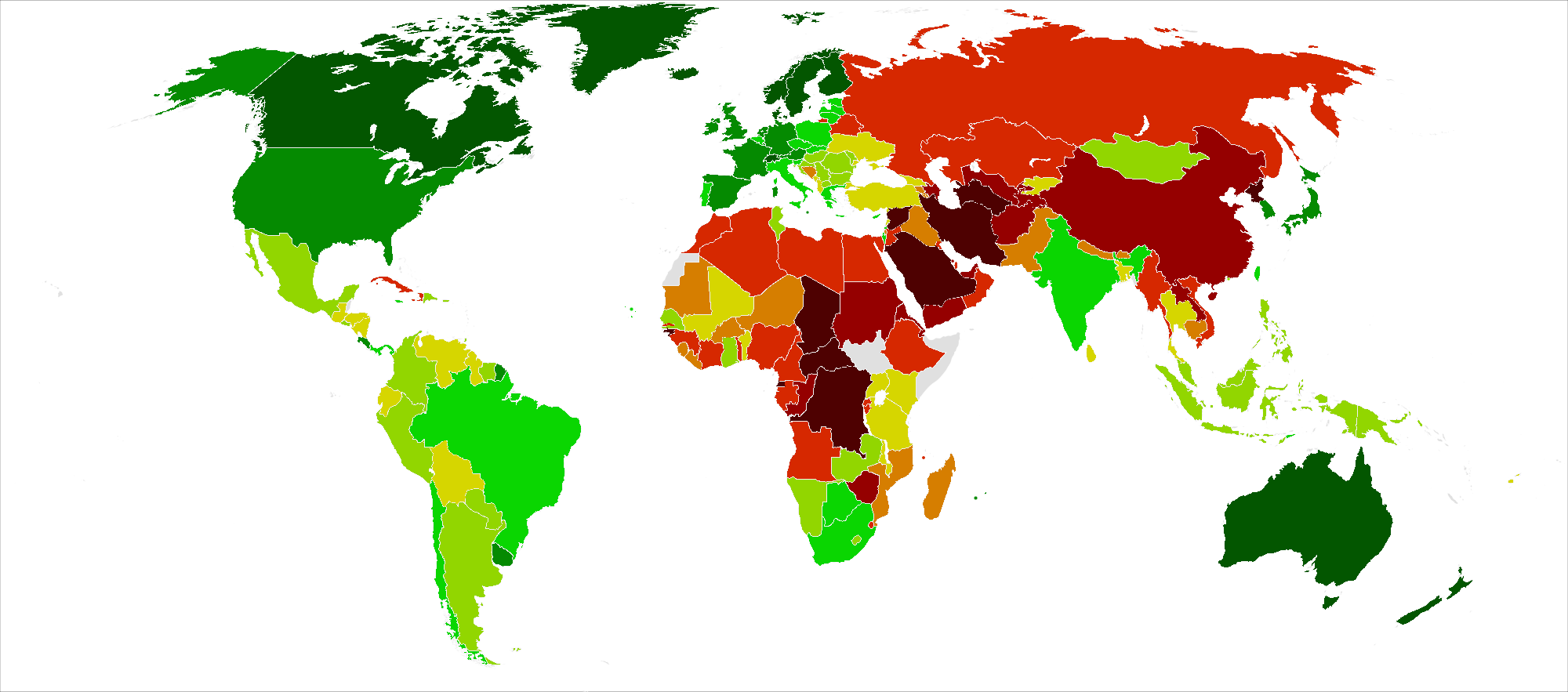It was once the largest Palestinian community in Syria. Situated barely a few miles from President Bashar Assad's palace in Damascus, the two square kilometers of the Yarmouk district were a de facto refugee camp, home to well over 100,000 people.
But that was before the Syrian civil war made the camp into a battleground four years ago, before the Assad government besieged the camp for more than two years, and, most recently, before ISIS invaded it as a strategic prize, Syrian aircraft barrel-bombed it, and the 18,000 Palestinians left there have been trapped, slowly starving, vulnerable to disease, deadly crossfire, and the horrifying prospects of ISIS rule.
Now, Yarmouk, technically part of Damascus, is fast becoming one of the world's most critical humanitarian disasters.
Hundreds of Palestinians are believed to have been killed just since last week, when ISIS stormed the camp and took over nearly all of Yarmouk.
The UN's ability to halt the fighting and allow the aid workers to deliver food, water and medicine to the increasingly desperate people of Yarmouk, Pierre Krähenbühl, commissioner general of the United Nations Relief and Works Agency (UNRWA) said on Monday, is “a test of the entire international system.”
As such, it has also become a test for the left.
In the past, when Israeli operations directed against Hamas claimed large numbers of Palestinian civilian casualties, the response from leftists abroad has been immediate, vocal, and keenly felt.
Protests against the prolonged Israeli siege of the Gaza Strip and the widespread injustices of the occupation of the West Bank have spread to campuses and institutions worldwide.
Leftists have organized mass demonstrations and a range of high-profile activities aimed at focusing attention on the plight of the Palestinians in Gaza, the West Bank, and East Jerusalem.
For Yarmouk, voices of protest have been all but nonexistent.
Let me not excuse myself from this. When it comes to protest over maltreatment of Palestinians, I am thoroughly used to my own attention, my own outcry, directed exclusively toward what Israel does.
Something changed this week. Something about learning of people trying to subsist in Yarmouk on 400 calories a day, of an entire camp sealed off for a week from food and medicine and all other aid, of 3,500 children among those trapped in the camp, of successive waves in Yarmouk of armed abusers, rapists, decapitators.
If, as progressives, we truly care about injustices done to Palestinians, if our goal as leftists goes beyond expressing fury toward Israel, we must raise our voices and act every bit as forcefully, right now, to try to help the people of Yarmouk.
"What’s happening in the Yarmouk camp is a crime against humanity,” Israeli legislator Ahmed Tibi said Monday, “Over a thousand Palestinians were killed.” In Tibi's view, Arab countries specifically, and the international community as a whole, should be ashamed for letting the violence in Yarmouk erupt.
“ISIS is a fascist movement that is now publishing photos of heads it chopped off – including a photo of the imam of the mosque, a Hamas supporter – and claiming he is an apostate,” said Tibi, a senior member of the largely Arab Joint List.
“I feel anger and great sadness about what is happening in what is left of the camp,” he stated. “There is a moral double standard. If other people were the victims, not Palestinians, it would be different."
To that end, it's worth noting that some leftist websites with a concentration on Israel/Palestine have begun
publishing articles highlighting Yarmouk.
For Palestinians outside of Yarmouk, social worker and activist Samah Salaime Egbariya wrote in
+972 Magazine this week, "our utter and complete helplessness is unbearable. Even organizing a small demonstration in Haifa over the weekend was emotionally trying for the activists, who came with overwhelming despondency, anger and sadness — about the entire world that is simply ignoring what’s happening, about the Arab world that managed to organize a special military force in Yemen overnight, about the silence of the Palestinian Authority, and about the impotence of the international community."
"It's a shame,"Egbariya concluded. "It’s a shame that there isn’t any oil or natural gas under that refugee camp. If there were, I’m sure that an alliance of freedom-seeking nations would quickly come together — with the backing of the UN, of course — to save all those innocent people."


